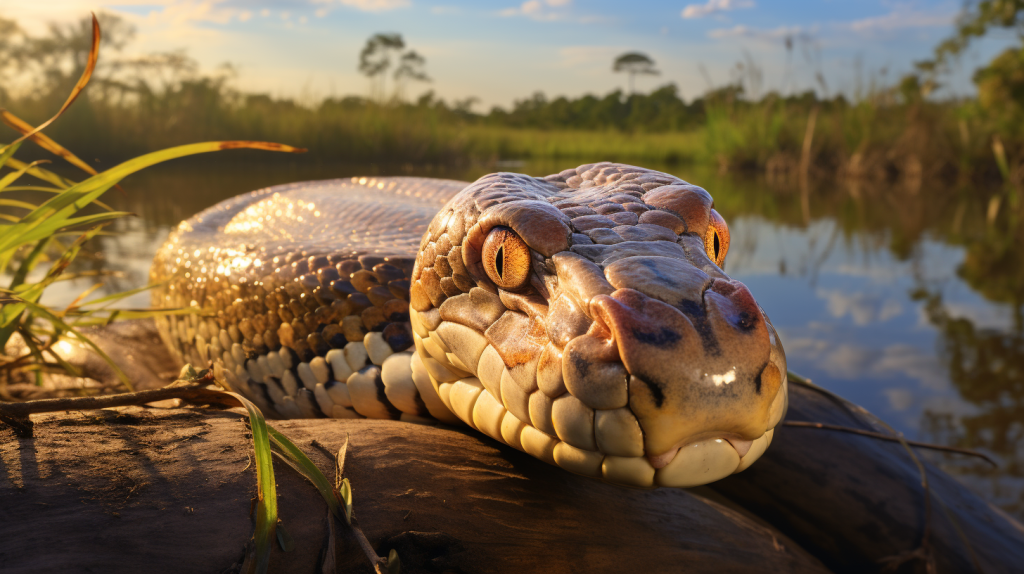MIAMI, FL – Florida’s longstanding war against invasive Burmese pythons has taken an unexpected twist. As the state grapples with the ecological impact of these non-native reptiles, new strategies and findings are emerging in the fight to control their population.
The Burmese python, native to Southeast Asia, has established a significant presence in the Florida Everglades, leading to a decline in native mammal populations. The state has initiated various programs to combat this issue, including the Florida Python Challenge, a 10-day event aimed at capturing these invasive snakes. The challenge has seen increasing participation, with 840 participants registering in the recent hunt, competing for a total of $17,500 in prizes.
Mike Kirkland, a project manager for the South Florida Water Management District’s Python Elimination Program, emphasizes the importance of public awareness. He believes that educating the public about the consequences of releasing exotic pets into the wild is crucial.
In a surprising turn of events, recent research indicates that native species might be fighting back. A study titled “Natives bite back” revealed that native species, including alligators, cottonmouth snakes, and even some mammals, have been preying on young pythons. This discovery has provided a glimmer of hope in the otherwise grim battle against the invasive species.
However, experts agree that relying solely on native species or state hunting programs won’t suffice. Technological interventions are being explored, such as tagging pythons to monitor their movements and using near-infrared cameras to detect the unique markings of Burmese pythons.
One of the most innovative approaches under consideration is the use of gene-editing technology. Scientists are investigating the possibility of modifying female pythons to produce only male offspring, leading to a potential decline in the python population.
While the fight against the invasive python continues, individuals like Kirkland remain optimistic about the future. “I’ve got about 20 years until I retire, and I’m really optimistic that we’re going to be in a better place by then,” he says.
The state of Florida continues its relentless pursuit to restore the ecological balance of the Everglades, with the hope that innovative strategies and public participation will turn the tide in this ongoing battle.


